Professor of Middle East History Nabil Al-Tikriti presented a keynote address entitled “Revisiting “Yavuz Sultan Selim Nasıl Padışah Oldu”: The Selimşah-Korkud Correspondence” on Thursday, November 4. Presenting his 20 minute address entirely in Turkish, Prof. Al-Tikriti summarized and commented on the secondary literature and primary source correspondence between Prince Korkud (d. 1513) and the future Yavuz Sultan Selim (d. 1520) for the “Yavuz Sultan Selim ve Dönemi Sempozyumu / The Symposium on Yavuz Sultan Selim and his Era.” The symposium was hosted by Istanbul Üniversitesi (University) and Türk Tarih Kurumu (Turkish Historical Foundation). This was an invited appearance.
The symposium website includes further information, and photos. The conference proceedings should be published in the next few months.
 On 13-14 July 2021, Middle East History Professor Nabil Al-Tikriti served as a Discussant for Drexel University’s
On 13-14 July 2021, Middle East History Professor Nabil Al-Tikriti served as a Discussant for Drexel University’s 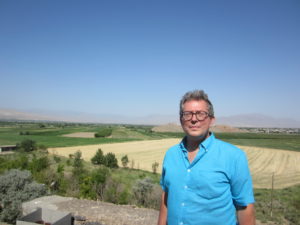
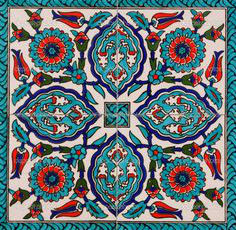 In the fall of 2020, a volume edited by
In the fall of 2020, a volume edited by 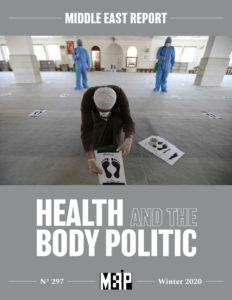 In December 2020,
In December 2020, 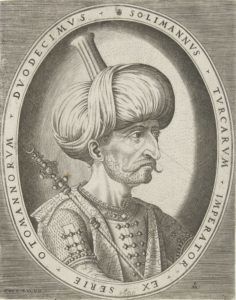
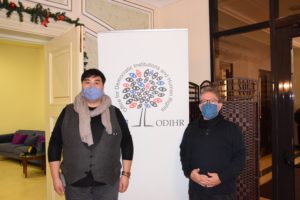
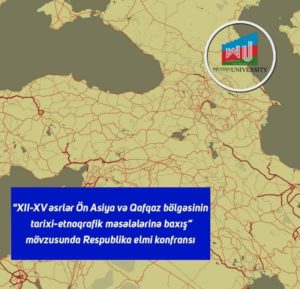
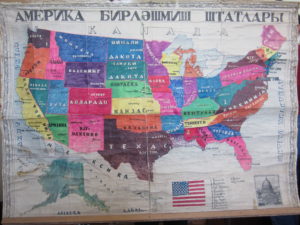 On Tuesday, May 12, 2020, Middle East History Professor Nabil Al-Tikriti presented a talk entitled “Engaging with Higher Education in Azerbaijan,” invited and hosted by Drexel University’s Global Education Curriculum. This talk was shaped by Prof. Al-Tikriti’s experiences as a Fulbright Scholar in Baku, Azerbaijan in academic year 2018-2019. In this presentation, he addressed points concerning American preconceptions of post-Soviet societies, Caucasus politics, and challenges of Higher Education in Azerbaijan. He wishes to thank Drexel University Professors Joyce Pittman and Kristy Kelly.
On Tuesday, May 12, 2020, Middle East History Professor Nabil Al-Tikriti presented a talk entitled “Engaging with Higher Education in Azerbaijan,” invited and hosted by Drexel University’s Global Education Curriculum. This talk was shaped by Prof. Al-Tikriti’s experiences as a Fulbright Scholar in Baku, Azerbaijan in academic year 2018-2019. In this presentation, he addressed points concerning American preconceptions of post-Soviet societies, Caucasus politics, and challenges of Higher Education in Azerbaijan. He wishes to thank Drexel University Professors Joyce Pittman and Kristy Kelly. But one UMW faculty member saw it as an opportunity.
But one UMW faculty member saw it as an opportunity.